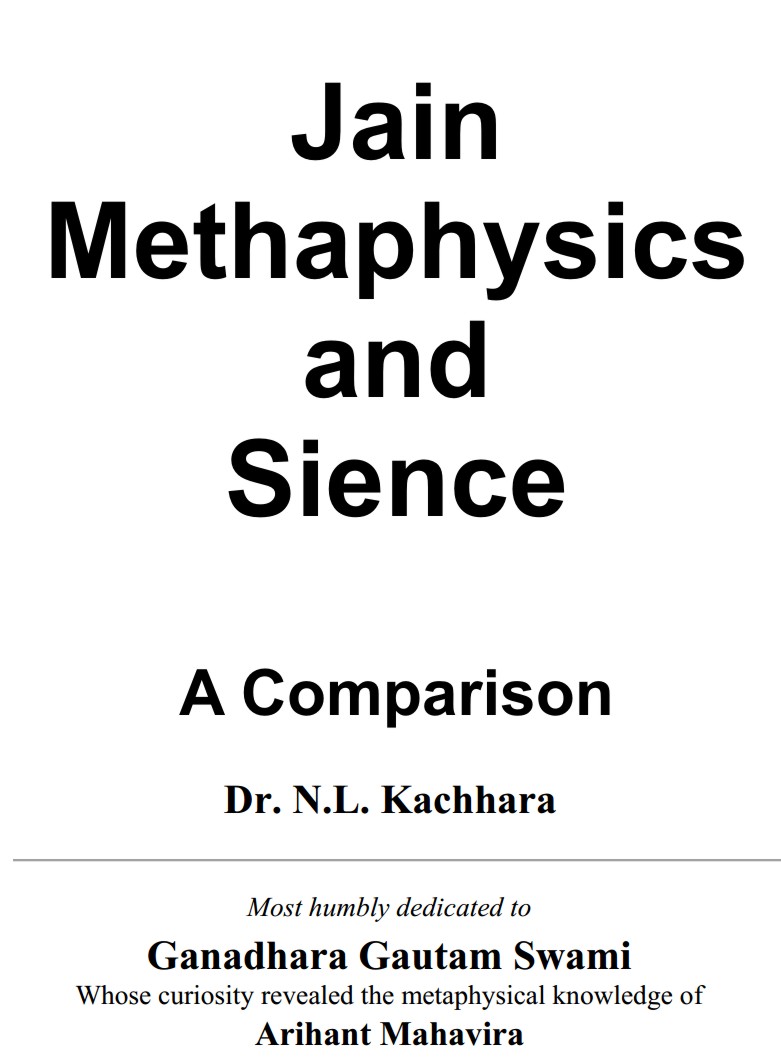Jiva and pudgalastikaya are the two main substances in loka; the rest four viz., dharma, adharma, akasa and kala are passive helping substances. The word pudgala is a derivative made up of two words: pud meaning combining or fusion and gala meaning dissociation or fission. The properties of fusion and fission, which characterize all matter, are also responsible for the name pudgala given to this substance.
The characteristic attribute of pudgala is that it possesses the properties, which can be perceived by sense organs viz. colour, smell, taste and touch. Concomitance of all the four is emphasized by the Jains. In other words, if a thing is perceived by the sense of touch, it must also necessarily possess smell, taste and colour. The paramanu structure of pudgala is, as its name implies, absent in other astikayas. Whereas the other four astikayas are indivisible i.e. not disintegrable, pudgala is divisible. The ultimate indivisible unit of pudgala is called paramanu. Paramanu is the pure form of pudgala and all matter and energy are modes (impure) of paramanu pudgala. The paramanu can neither be created nor can it be destroyed. It is eternal. Although it possesses sense - qualities, it cannot be an object of sense - perception. It is the subtle most physical entity. By itself it transcends the sense experience, though it is basic constituent of all perceivable objects.
 Dr. N.L. Kachhara
Dr. N.L. Kachhara
